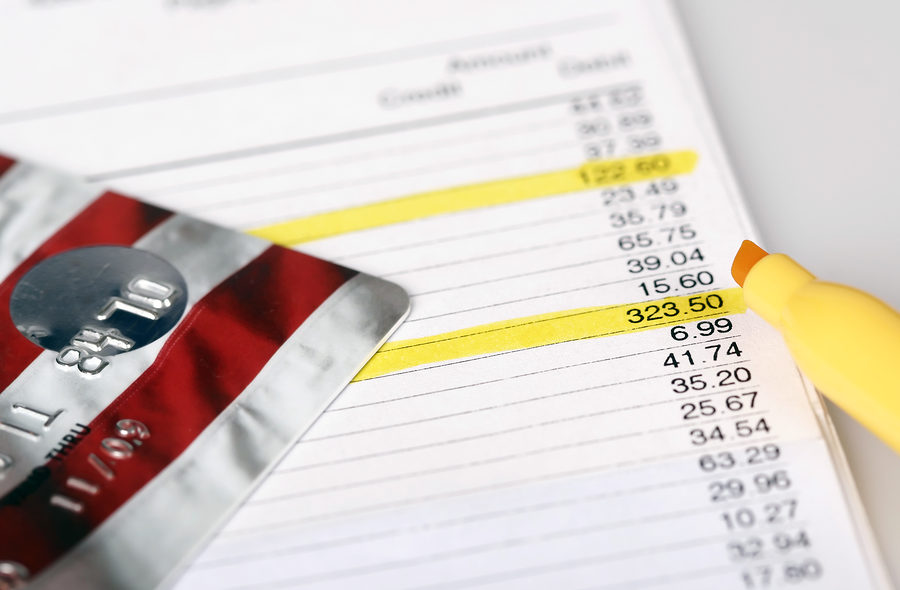Many South Floridians are finding themselves out of work due to the coronavirus (COVID-19) pandemic. This loss of income can be devastating and make it difficult to continue paying monthly expenses, including credit card debt.
Before the crisis hit, credit card debt had reached an all-time high after the Federal Reserve reported that the fourth-quarter of 2019 credit card debt increased by $46 billion to $930 billion nationwide. It is expected that balances will only increase as Americans find themselves shut in with limited income being earned. Additionally, serious delinquencies were on the rise at the end of 2019, and these numbers are also expected to trend upward, specifically for consumers between the ages of 18 and 29.
U.S. jobless claims have reportedly hit a record of 6.6 million with more on the way. Americans have received some help through the recently passed $2 trillion stimulus package. However, if a person was already struggling financially with mounting credit card debt, this will bring little relief. Several tips can help consumers through this difficult period in both the short term and long term.
The first recommendation is to contact the credit card company if you are unable to make your upcoming payment. Many of the major credit card companies are offering financial assistance to customers during this epidemic, including allowing schedule skipped payments or lowering the amount owed each month. However, this help will not be given if it is not requested directly by the customer. The worst thing a person can do is skip the payment without contacting the credit card company. All that will result from this is a missed payment fee and increased interest rate on the card.
During this time, it is also recommended that customers at least make the minimum payments owed on each credit card. While normally we do not recommend this strategy, keep in mind that this crisis will not last forever. If someone has been working hard at paying down a credit card but then suddenly loses his or her job, it may be disheartening to start paying only the minimum amount owed monthly again. By paying at least that amount, the account stays current and not past-due, and no late fees or interest rate spikes will occur. Any extra cash that was being used towards paying down the card may need to be kept in the event this crisis lasts longer than expected.
Limit credit card use during this time. It can be tempting to simply put all expenses on credit, but those expenses can quickly add up to a large balance. Credit cards tend to carry higher interest rates, too, which makes paying the cards down very difficult. Rather, put together a strict budget for the time being and try to use cash or a debit card to pay for most expenses.
Look through past credit card statements for any automatic payments that occur every month for unnecessary expenses. Cancel those for the time being until the person’s financial situation improves.
As a firm, we are doing our part to contain the spread of the coronavirus. Many of our attorneys and staff are working remotely, continuing to move cases along and manage intake. While the coronavirus has impacted every part of our lives, it does not impact our commitment to you.
Since 1996, we have been helping people have a better tomorrow. Our attorneys help thousands of people every year take advantage of their rights under bankruptcy protection to restart, rebuild and recover. This has been a particularly difficult time for South Florida families and many small businesses. We anticipate the coming weeks and months will present challenges for all of us.
As a firm, we will continue to adapt to these changes. In the event of a city, county, or state Stay-In-Place Order, please know that our firm is available to you at (305) 285-9100, via live chat on www.miamibankruptcy.com, Skype at MiamiBankruptcyKing, and email.
You can reach our lawyers at the following email addresses:
Timothy S. Kingcade – tsk@miamibankruptcy.com
Jessica L. McMaken – jlm@miamibankruptcy.com
Kristina Gonzalez – kgp@miamibankruptcy.com

